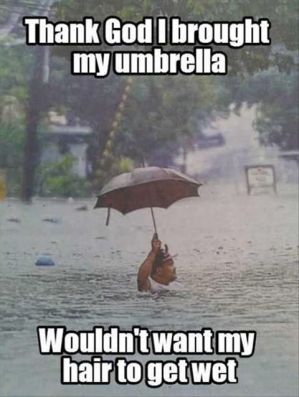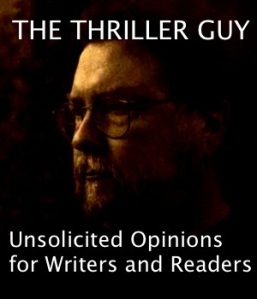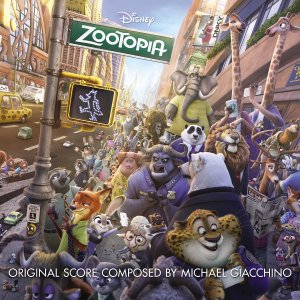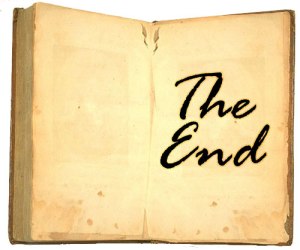Book Publishing, Like Life, is Often A Matter of Luck
Book Publishing, Like Life, is Often A Matter of Luck
By Larry Kahaner
All of us want to believe that if we work hard, are honest in our dealings, are smart and have some talent, that we can succeed in anything we do whether it’s in business, sports, or publishing a novel.
I hate to tell you that if you believe this, you’re fooling yourself. Although many super successful people downplay luck as the reason for their success – hard work and high IQs are often cited – if they’re being honest, they know that luck played a large, sometimes gigantic reason for getting where they are.
The most recent forthright person to note this is billionaire Eric Schmidt who noted in a recent interview, “I would say I’m defined by luck, and I think almost anyone who’s successful has to start by saying they were lucky… Lucky of birth, lucky of having intellectual and intelligent family home life, upbringing, global upbringing, etc.”
Schmidt, who made his fortune by being an early investor in Google, added: “I had the benefit of being early in the computer industry, so that’s like super luck.”
This is not to take anything away from Schmidt. Certainly, if he sat on his butt and did nothing, he wouldn’t be worth over $12 billion.
Here’s a personal example: My colleague and friend Bill Adler wrote in the late 1990’s a book titled Outwitting Squirrels: 101 Cunning Stratagems to Reduce Dramatically the Egregious Misappropriation of Seed from Your Birdfeeder by Squirrels. It’s what you think it is. It turns out that Rosie O’Donnell, who had a network show at the time, hated squirrels. One of her producers showed her the book, O’Donnell bought a copy for every audience member and had Bill on the show. The next month, it sold 30,000 copies. Luck, right?
A slew of similar stories abound.
I hear phrases like “luck favors the prepared,” and that’s true. We need to appreciate and act on a lucky break when we encounter it. We must be opened-minded to opportunities.
Why am I telling you all this? I receive emails from writers – new and experienced – who wonder why their manuscript isn’t selling or why they can’t get an agent. Sometimes it’s because your work is not, shall we say, your best. Often, however, it’s because a publisher or agent has their year filled or one morning an editor wakes up and says “If I see another serial killer proposal, I’ll scream,” but another editor thinks, “I would love to see another serial killer manuscript.” If your homicidal maniac book shows up to the second person’s desk, you’re golden. On the first editor’s desk… not so much.
But there’s no way of knowing who wants what at exactly at that moment. Editors may not know it either until they hear something on the radio during breakfast.
I read a fascinating take on luck from Daniella Levy who writes a blog called The Rejection Survival Guide and the post was called Is Success in the Writing Industry All a Matter of Luck? Levy notes that success in publishing hinges on four items:
1 – You happen to write what sells;
2 – You happen to get discovered by the right agent and/or editor;
3 – You happen to land a publisher that wants to invest in your book;
4 – Your audience happens to respond well.
Levy goes on the say: “There is something kind of depressing about the idea that so little of this is under your control… but there is something kind of freeing about it, too. If it’s not your responsibility, it’s also not necessarily your fault. If you’re not succeeding in a traditional sense, it’s not necessarily because you’re doing something wrong.”
Levy contends that we should “create because creation is an act of love.” That’s an encouraging and positive way to look at it. I don’t necessarily see it that way, but it’s valid nonetheless for some and certainly can ease the pain of rejection.
You should decide for yourself why you write and what keeps you writing despite setbacks.
Good luck.


 Bellem wrote in a variety of genres for many pulp magazines, (He also wrote a few novels) but my favorite works of Bellem are the Dan Turner: Hollywood Detective mysteries. They first appeared in Spicy Detective magazine in the 1930s and the rag was called spicy because they required sexy action between consenting adults. What’s so amusing to me is that these risqué sections seem shoe-horned in, and I’m sure it’s because they were a requirement. I know that because a) I’ve been a writer for decades, trust me; I can tell, and b) they’re all essentially the same. You can tell that Bellem pulled them off a stack of index cards to satisfy the Spicy Detective rubric. His short stories are peppered with these scenes at regular intervals with overuse of the words bodice, breasts (which are often heaving), lace and peek-a-boo. Unlike his usual clever use of words and phrases in the rest of a story, these spicy scenes are mundane, overworked and clearly written just to get the manuscript past the editor.
Bellem wrote in a variety of genres for many pulp magazines, (He also wrote a few novels) but my favorite works of Bellem are the Dan Turner: Hollywood Detective mysteries. They first appeared in Spicy Detective magazine in the 1930s and the rag was called spicy because they required sexy action between consenting adults. What’s so amusing to me is that these risqué sections seem shoe-horned in, and I’m sure it’s because they were a requirement. I know that because a) I’ve been a writer for decades, trust me; I can tell, and b) they’re all essentially the same. You can tell that Bellem pulled them off a stack of index cards to satisfy the Spicy Detective rubric. His short stories are peppered with these scenes at regular intervals with overuse of the words bodice, breasts (which are often heaving), lace and peek-a-boo. Unlike his usual clever use of words and phrases in the rest of a story, these spicy scenes are mundane, overworked and clearly written just to get the manuscript past the editor.











